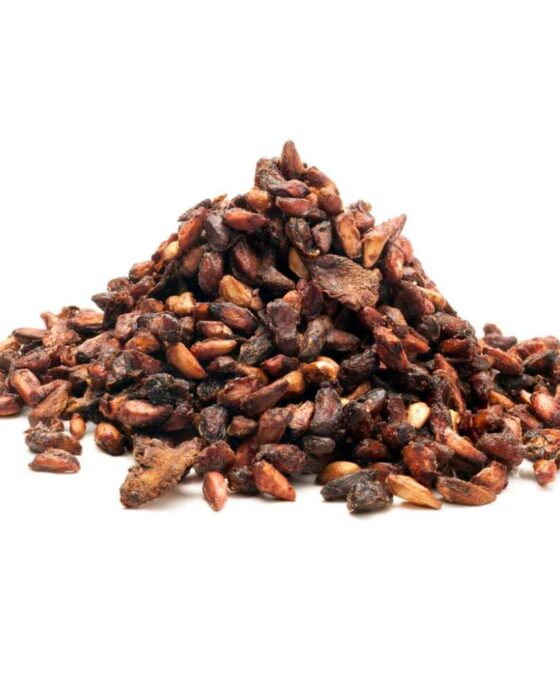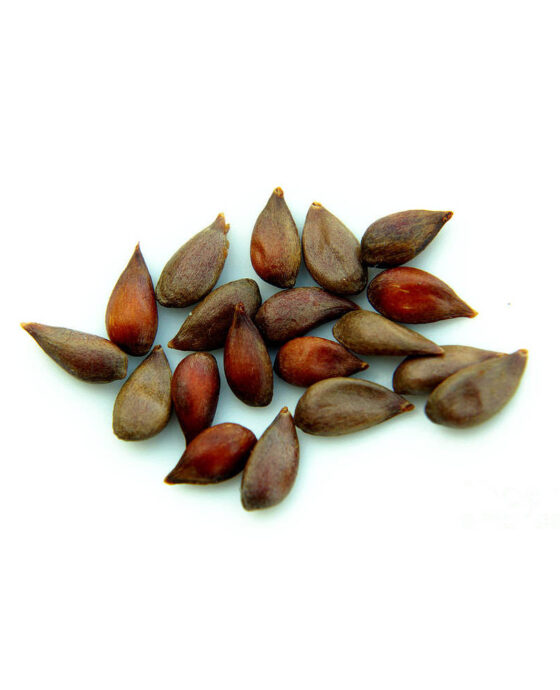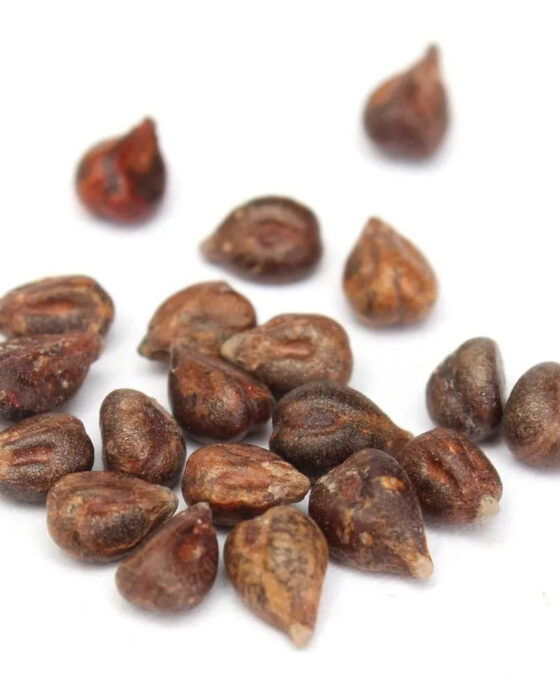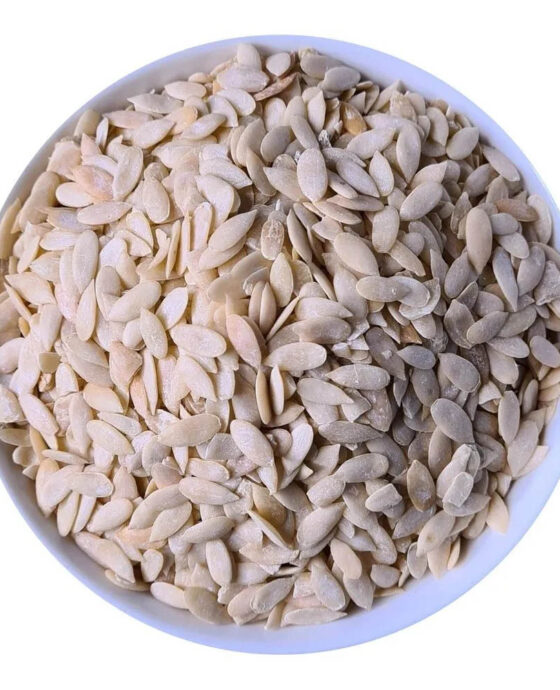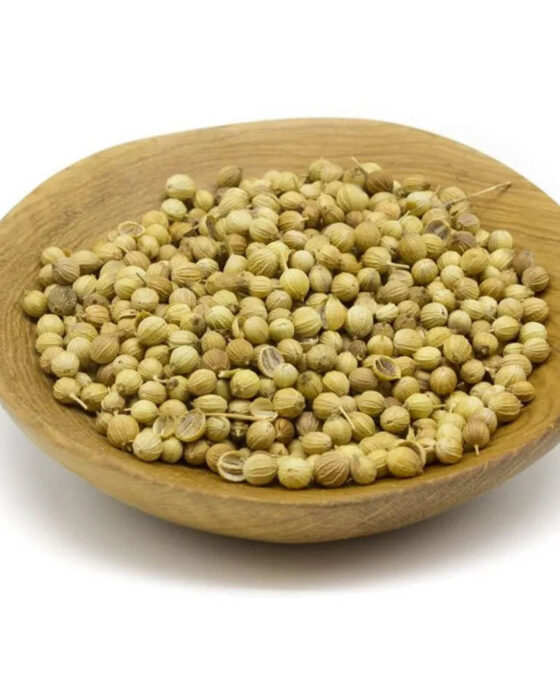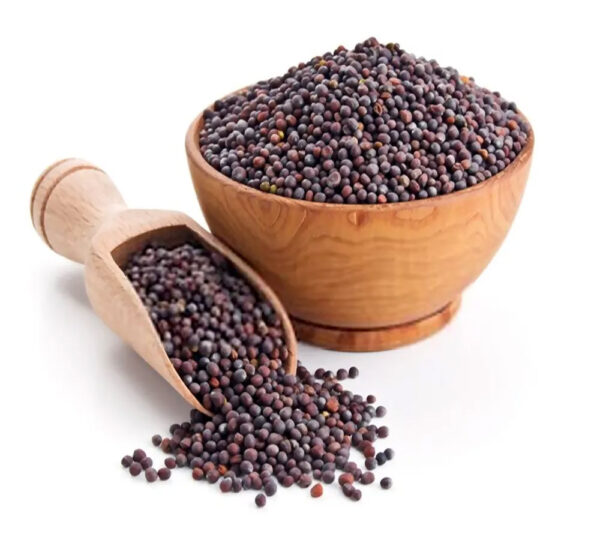
Mustard seeds, widely regarded as a health-promoting spice, are indeed high in phytonutrients, minerals, vitamins, and antioxidants. Mustards, as one of the most important oil seeds, are very high in calories; 100 g of seeds provide 508 calories. Despite this, the seeds are high in protein, essential oils, vitamins, minerals, and dietary fibre. The seeds contain a lot of essential oils and plant sterols. Brassicasterol, campesterol, sitosterol, avenasterol, and stigmasterol are all important sterols. Sinigrin, myrosin, erucic, eicosanoic, oleic, and palmitic acids are among the glucosinolates and fatty acids found in the seeds.
The Brassica juncea plant produces brown mustard seeds. It is also known as Chinese mustard and Indian mustard. There are several types of brown mustard seeds, ranging from those with a dark brown seed coat to those with a dark yellow seed coat.
The white mustard plant bears light tan seeds that are a little larger than brown mustard seeds. Because of the addition of turmeric or dye, these become the bright yellow mustard.


